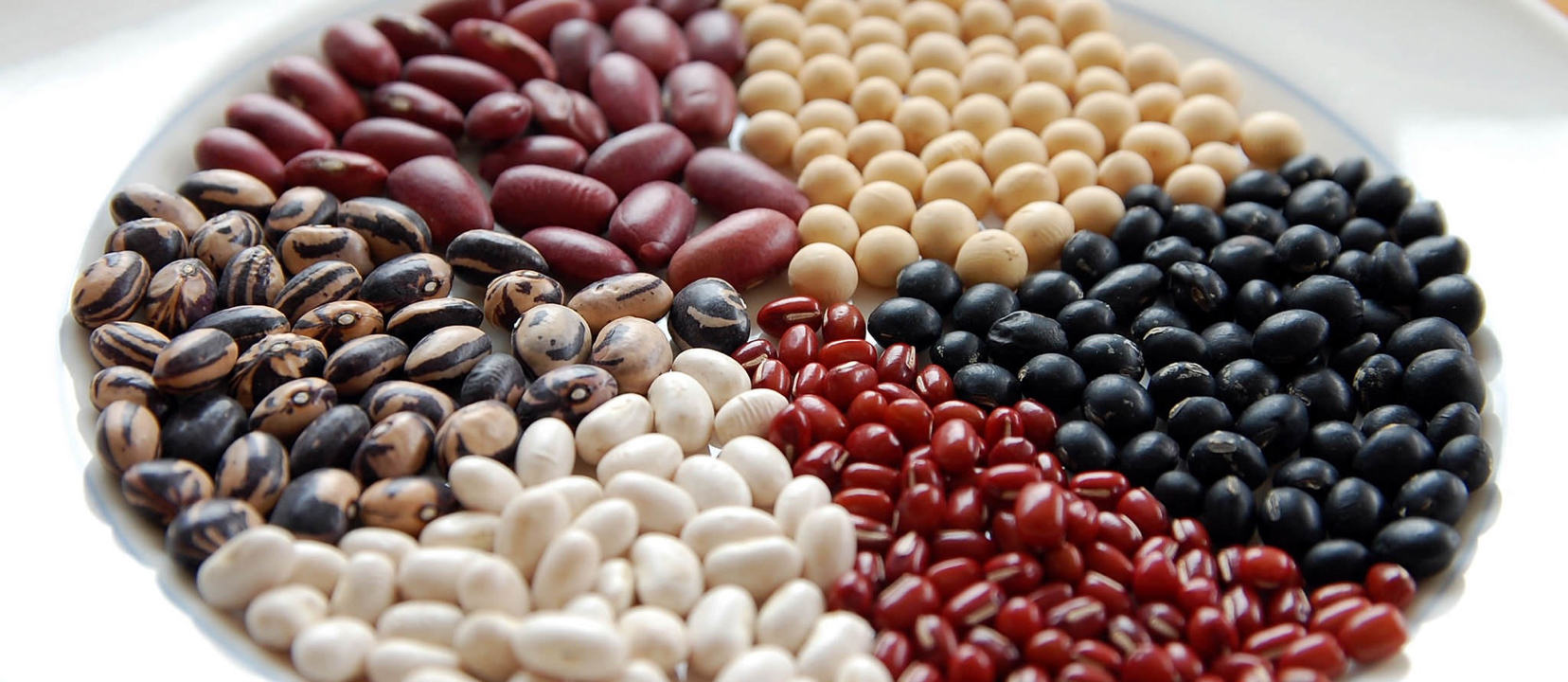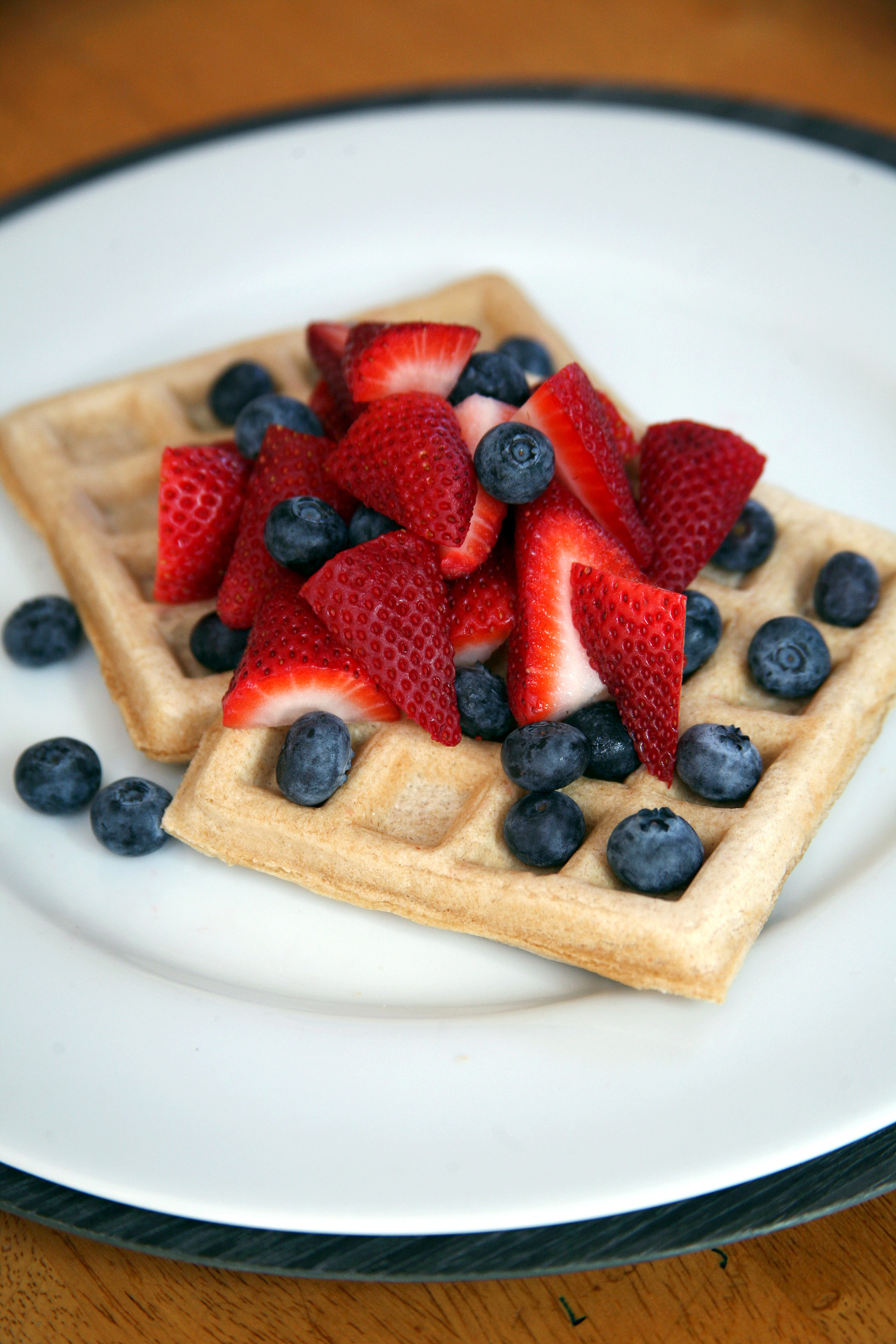I’ve talked previously about the anti-diabetic and anti-obesity effects of various phytonutrients in beans, but beans have protective effects on the cardiovascular system as well. As one academic review suggested, plant-specific compounds can have a remarkable impact on the health care system and may provide therapeutic health benefits, including the prevention and treatment of diseases and disorders. Plants have antioxidant effects, anti-inflammatory effects, protect our livers, lower cholesterol and blood pressure, and help prevent aging, diabetes, osteoporosis, DNA damage, heart disease and other disorders. Those without legumes in their daily diet, for example, may be at quadruple the odds of…

I’ve talked previously about the anti-diabetic and anti-obesity effects of various phytonutrients in beans, but beans have protective effects on the cardiovascular system as well. As one academic review suggested, plant-specific compounds can have a remarkable impact on the health care system and may provide therapeutic health benefits, including the prevention and treatment of diseases and disorders. Plants have antioxidant effects, anti-inflammatory effects, protect our livers, lower cholesterol and blood pressure, and help prevent aging, diabetes, osteoporosis, DNA damage, heart disease and other disorders. Those without legumes in their daily diet, for example, may be at quadruple the odds of suffering high blood pressure.
Legumes such as chickpeas have been used to treat high blood pressure and diabetes for thousands of years. And they can also lower cholesterol levels. Researchers placed people in Northern India on high fat diets to raise their cholesterol levels up to that of the Western world (up around 206 mg/dL) and swapped in chickpeas for some of the grains they were eating. In five months, their cholesterol levels dropped to about 160, almost to the target of around 150. Cholesterol was reduced more than 15 percent in most of the subjects. In a randomized crossover trial, highlighted in my video, Beans, Beans, They’re Good for Your Heart, two servings a day of lentils, chickpeas, beans, or split peas cut cholesterol levels so much that many participants moved below the range for which statin drugs are typically prescribed.
In the India study, although the subjects’ cholesterol levels were comparable to the Western world at the start of the treatment with chickpeas, before the study the participants were eating a low-fat diet. So low that their cholesterol levels started out at 123, well within the safe zone. Only after packing participants’ diets with saturated fat were the researchers able to boost their cholesterol up to typical American levels, which could then be ameliorated by adding chickpeas. So, it would be better if they just ate healthy in the first place. Or even better, healthy with hummus: a healthy diet with lots of legumes.
Bean dips like hummus are among my favorite go-to snacks. I like to dip snap peas and red bell pepper slices in them. I’d love to hear everyone’s favorite recipe. You show me yours and I’ll show you mine 🙂
Canned Beans or Cooked Beans? Click the link to find out!
Beans can help us live longer (Increased Lifespan from Beans), control our blood sugars (Beans and the Second Meal Effect), and help prevent and treat diabetes (Preventing Prediabetes By Eating More and Diabetics Should Take Their Pulses).
What about the purported “anti-nutrient” phytates in beans? You mean the Phytates for the Prevention of Cancer, the Phytates for Rehabilitating Cancer Cells, and the Phytates for the Treatment of Cancer? Phytate-containing foods may also help protect our bones (Phytates for the Prevention of Osteoporosis).
Why not just take cholesterol pills every day for the rest of our life? See my videos Statin Muscle Toxicity and Statin Cholesterol Drugs and Invasive Breast Cancer.
Source: Hummus for a Healthy Heart : Nutrition Facts




